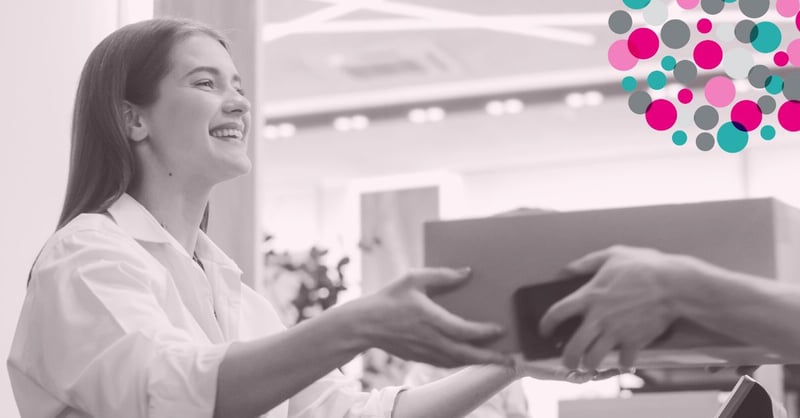Sporting support
Sports sponsorship is probably the most high profile of sponsorship activities, typically sold as an advertising benefit. However, unless a business chooses to sponsor a top-tier sports club which garners regular media coverage, the lead generation credentials are usually overstated. This may be why only 30% of businesses monitor the impact of sports sponsorship on their sales, according to a report by McKinsey.
That’s not to say sports sponsorship should be avoided altogether. Sports go hand-in-hand with our growing interest in health, fitness and better living. Local sports clubs therefore offer an increasingly popular outlet for Corporate Social Responsibility (CSR) activity. Elsewhere, sports teams offer valuable opportunities to host clients.
An extreme but pertinent example is Formula 1. Businesses pay large sums (in the order of £10-30 million) to have tiny logos placed on the wing mirrors of F1 cars. In reality, those logos may not get much screen time as they fly by at 200mph, but the access to the F1 paddock that comes with the sponsorship package is priceless when it comes to entertaining clients and prospects.
On a smaller scale, this applies to the sponsorship of a local rugby, football or cricket team; an advertising hoarding may not generate a high number of leads, but the opportunities for client hospitality at a club can be valuable if managed correctly.
Community links
In this way, the indirect effects of sports sponsorship are often more beneficial than the advertised ‘lead generation’ advantages. Businesses seeking to build links with their local community should also consider supporting a local team or club – or even a school.
Solicitors, lawyers, architects and other professionals offering expensive, essential services can all benefit from the visibility that local, community-focussed sponsorship offers. Customers won’t need such services often. When they do, it’s important to be their ‘go-to’ option, however.
Housebuilders building in new areas will invest heavily in community sponsorship of this type – understanding the importance of building positive, long-term relationships with local groups.
Charitable choices
Charitable sponsorship, be it an event or a longer-term association, requires more subtle, strategic consideration. It would be cynical to simply chase an easy publicity win; instead, a business looking at investing in charitable sponsorship should consider it in terms of branding, first asking themselves two questions:
- What are the charitable and community-focused principles I want to project for my brand?
- What are the sponsorship opportunities that reflect these principles?
If a business is looking to sponsor charitable activities, these questions are particularly important, with such a wide gamut of options available.
Should a business look to associate itself with a single headline charity, or choose a selection, possibly allowing employees to have a say on where the money goes? Should it be a national (or even international) charity, which itself may have a powerful brand, or a smaller local charity, which may not have the reach and recognition?
The principles and values of your customer base should also be considered, as one person’s good cause may be someone else’s lost cause. Unfortunately, selecting a charity can be quite divisive, which makes a certain amount of introspection and clarity around the principles of a business all the more important when considering where to focus CSR efforts. Positive brand equity will only be gained with the right match.
This brings us back to the opportunities presented by local sports sponsorship. Outside of the professional game, be it football, rugby, cricket, or any other sporting pastime, the sponsors are almost certainly supporting the organisation, which is likely to be a much-loved community asset. In these instances, sponsorship is itself is a charitable act – and businesses should recognise them as such.
Mutual benefit
The bottom line?
Businesses should stop seeing sponsorship as a lead generation tool, but start seeing it as a brand-building exercise. If the budget stretches to a professional sports team or headline sponsorship of a national charity event, the media coverage will be advantageous - as will the hospitality opportunities.
But the real value lies in co-opting another brand which may already have positive connotations in the minds of customers and prospects. For doing good and cementing a position at the heart of a group or community, sponsorship is ideal – but if a sponsorship opportunity does not match the values of a business, don’t invest.
A brand is not just for Christmas, or one football season; it’s for life – so it’s important to get the choice right.
Does your brand match your marketing? Take our Marketing 360 Healthcheck to find out.



